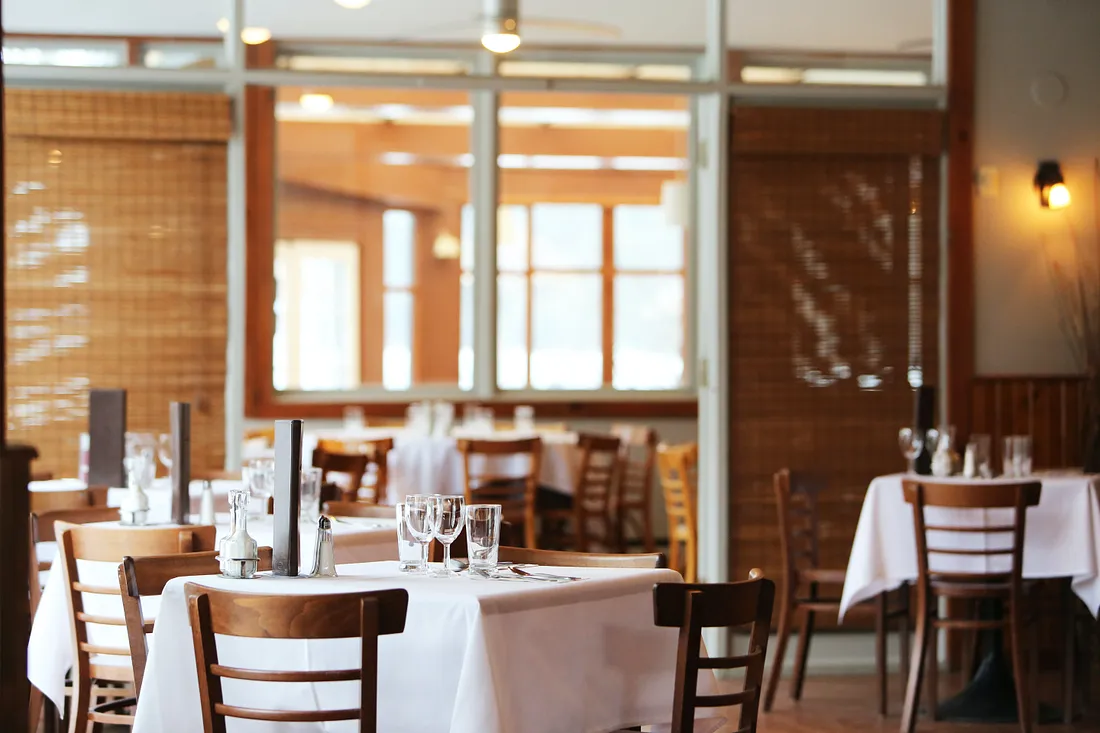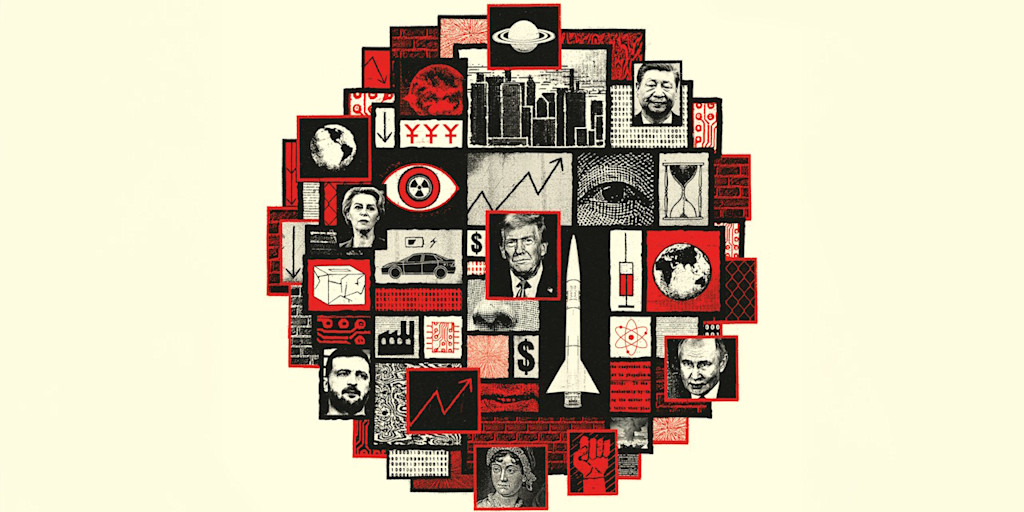
Consumers no longer dishing out on food and drink
Over the past year, the Consumer Price Index has risen 6 percent, with the highest peak at 9.1 percent in June last year–the biggest increase since November 1981. Consumers are feeling the brunt of inflation prices, and it is particularly impacting eating out and drinking habits. According to a recent Morning Consult report, more than half of Americans say they’re changing the ways they eat and drink due to inflation.
Restaurants continue to take a hit
Restaurants face myriad challenges from supply chain shortages, double-digit food inflation, wage increases and higher operating costs, to name a few. And it is no surprise that to keep their doors open, they are raising prices for consumers.
But, as consumers look to save their pennies in the current economy, restaurants appear to be the first to get cut. According to the same Morning Consult report, all generations and income levels are equally likely to eat out less to reduce spending over other behaviors.
This trend doesn’t just stop at dining in. Americans are also ordering less takeout and fewer restaurant deliveries. This also holds for previously to-go-loving millennials. In 2021, 49 percent of this generation reported dining out at least once a week. In 2023, that number dropped to 40 percent.
The changing future of alcohol purchases
This stat may shock you. In general, three in 10 drinkers say they’ll drink less this year. While some say it is for health reasons, others are abstaining to save money.
This correlates to what we saw in Dry January this year–where 90 percent of participants said they did it to be healthier and 73 percent did citing cost-cutting.
While there are growing sober and sober curious movements, it was not the first, second, or even third option to save money. Consumers would prefer to eat out less, buy less meat, and go to the bar less than to not purchase alcohol.
How changing habits affect the industry
While some large food and beverage companies have actually turned a profit from record-high prices in the short term, they may face long-term consequences due to new consumer trends.
For one, pricey food and drinks aren’t just affecting spending habits–they’re also eroding trust in companies. Not only are once loyal customers switching stores and brands to save money, the public partially blames corporations for inflation prices. Two out of three Americans say corporations are raising prices to an unreasonably high level.
And as inflation seems to be slowly easing, it will be interesting to see what these new consumer behaviors will have on the restaurant and alcohol industries.



